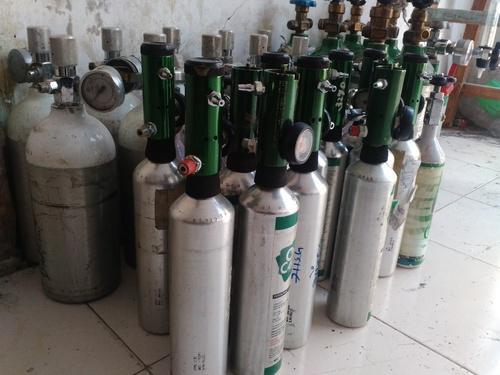An intervention application has been filed in the Supreme Court seeking regarding credible, accurate and up-to-date information about the availability and utilization of hospital beds, oxygen supply and essential drugs in hospitals during the Covid-19 pandemic, to ensure timely medical treatment for citizens.
The application, filed by senior transparency and accountability activist Anjali Bhardwaj through Senior Counsel Prashant Bhushan, submitted that it is crucial that credible, accurate and up-to-date information about the availability and utilization of hospital beds, oxygen supply and essential drugs is made available in the public domain through Central and State governments on a regular basis on their websites, as well as at hospitals.
The availability of this information will not only help Covid-affected patients and their families in locating life-saving resources in a timely manner, but also prevent black-marketing, hoarding, extortion and cornering of resources by vested interests by enabling public monitoring.
Information should be proactively disclosed by the authorities in the public domain, in both online and offline modes and in such form, manner and language that it is most accessible to people, as also envisaged by Section 4 of the Right to Information Act.
The applicant stated that in terms of availability of hospital beds, the following parameters of information must be placed in the public domain by state governments for all Covid-designated hospitals in the state and by the Centre for Central government hospitals, both through dedicated websites and physically outside each hospital:
a. Name and address of the hospital.
b. Total number of designated Covid-19 beds.
c. Total number of available designated Covid-19 beds.
d. Number of beds available in ICU with ventilator.
e. Number of beds available in ICU without ventilator.
f. Number of general hospital beds available with oxygen.
g. Number of general beds available without oxygen facility.
h. Date and time when this information was last updated.
i, Name and mobile number of the nodal officers for admission
to the hospital.
j. Link to GPS location of the hospital (only for website).
Such information must be updated once every eight hours and it must be ensured that the websites do not require any login credentials to view this information, the applicant claimed.
It is submitted that the applicant has searched for state-wise portals/websites giving this information and found that many states are not providing up-to-date information on availability of beds and drugs.
Further, where states have put in place a dedicated portal, in many cases crucial information is missing, such as the break-up between hospital beds with oxygen and those without oxygen, causing hardships and confusion on the ground.
The portal by the Chhattisgarh government on hospital-wise bed availability gives a break-up of the available beds in terms of whether they are with or without oxygen support, in the ICU with or without ventilator.
It was highlighted in the application that information about demands of oxygen by states and the supply by Central government also be placed in the public domain. To this end, it is suggested that the following particulars be placed in the public domain on a dedicated website by the Central government:
a. Amount of oxygen required by each state,
b. Date and time of the request made by a State.
c. Details of quantity of oxygen provided to each state.
d. Date and time of providing the supply;
Such information should be updated every 12 hours.
Read Also: Centre moves SC against Karnataka HC order directing it to hike oxygen allocation to 1200 MT
The applicant cited the Judgement of the Supreme Court in Anjali Bhardwaj & Ors vs Union of India & Ors, WPC 436 of 2018, where the Court expanded on the importance of the RTI Act to achieve good governance and said the RTI Act would reveal that four major elements/objectives required to ensure good governance are:
(i) greater transparency in functioning of public authorities;
(ii) informed citizenry for promotion of partnership between citizens and the Government in decision-making process;
(iii) improvement in accountability and performance of the Government; and
(iv) reduction in corruption in Government departments.


